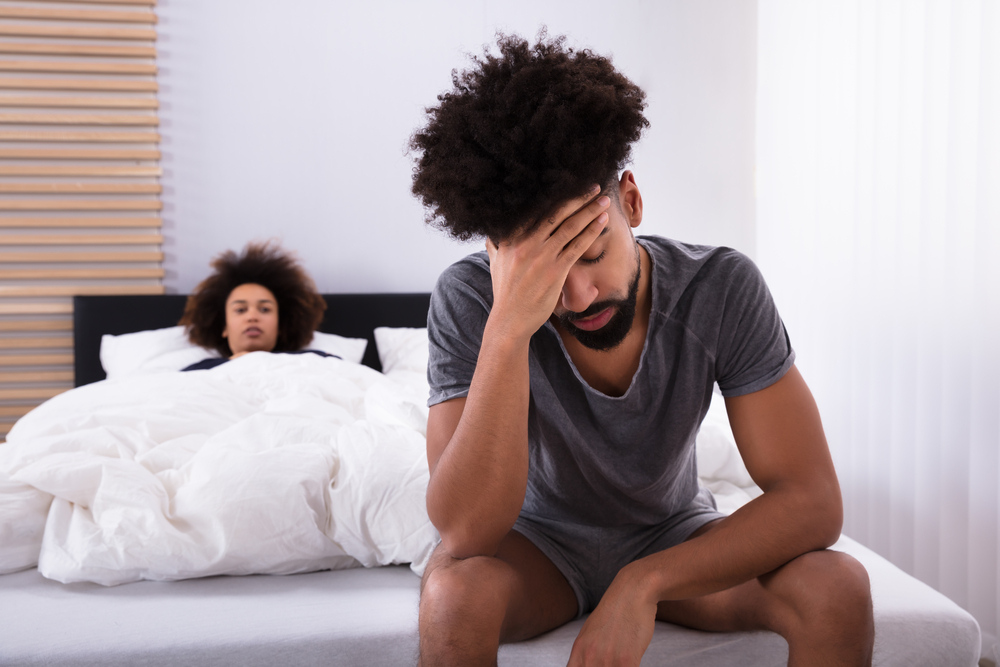
What Is the Connection Between Mental Health and Sexual Health?

Mental health and sexual health are deeply intertwined. Although some sexual problems are brought on by physical issues such as an injury, cardiovascular disease, diabetes, urological conditions, neurological disorders, cancer and its treatments, or other biological factors, other sexual problems have an underlying psychological cause.
Depression, anxiety, bipolar disorder, and psychosis have all been shown to be linked to sexual dysfunction. This is at least partially due to the fact that all of these mental health conditions have symptoms that can affect a person’s sexuality. Specifically, they can contribute to low sexual desire, low arousal, and low sexual satisfaction.
What’s more, even the treatments for these conditions can sometimes cause negative sexual side effects. For example, selective serotonin reuptake inhibitors (SSRIs), which are a type of antidepressant, may interfere with a person’s sexual functioning. These medications have associations with low libido, low arousal, erectile dysfunction (ED), delayed ejaculation, and orgasmic dysfunction.
Some mental health issues may directly affect a person’s sexuality. If a man experiences sexual performance anxiety and worries about not being able to get an erection during sex, he may be more likely to experience this sexual dysfunction. Similarly, women with vaginismus (a disorder in which the muscles around the vagina spasm involuntarily in response to attempted penetration) may develop anxiety related to sex as a result of painful past experiences, perpetuating the vicious cycle.
A history of sexual abuse is a known risk factor for the development of mental health problems. Some survivors of sexual abuse experience posttraumatic stress disorder (PTSD), which may manifest as nightmares, flashbacks to distressing events, trouble sleeping, trouble concentrating, and extreme reactions to things that remind them of their trauma. Many survivors of sexual abuse feel shame, guilt, or stress related to their experience, which may lead some to begin self-medicating with alcohol, drugs, or other substances.
Lastly, even when the cause of a sexual problem is not psychological, the effects of sexual dysfunction can have a major impact on a person’s mental health. In particular, several studies have shown that there is an association between ED and depression, meaning that a man with ED may be more likely to also have depressive symptoms and vice versa. The ED-depression relationship may be partly due to feelings of grief or loss associated with the erosion of one’s sexual functioning, so it is important for individuals to learn to cope with this sense of loss in a healthy way.
References:
- Liu, Q., Zhang, Y., Wang, J., Li, S., Cheng, Y., Guo, J., Tang, Y., Zeng, H., & Zhu, Z. (2018). Erectile dysfunction and depression: a systematic review and meta-analysis. The Journal of Sexual Medicine, 15(8), 1073-1082. https://doi.org/10.1016/j.jsxm.2018.05.016
- Montejo, A. L. (2019). Sexuality and mental health: the need for mutual development and research. Journal of clinical medicine, 8(11), 1794. 3390/jcm8111794






